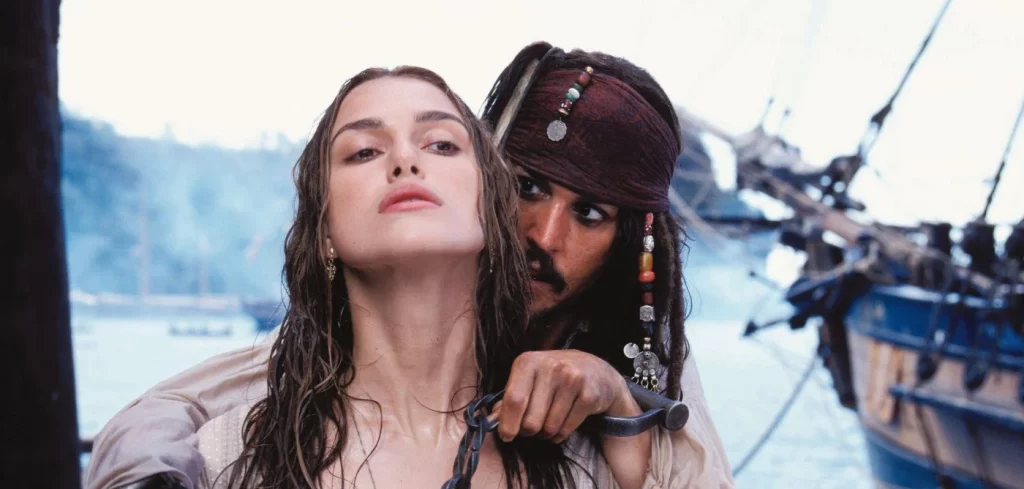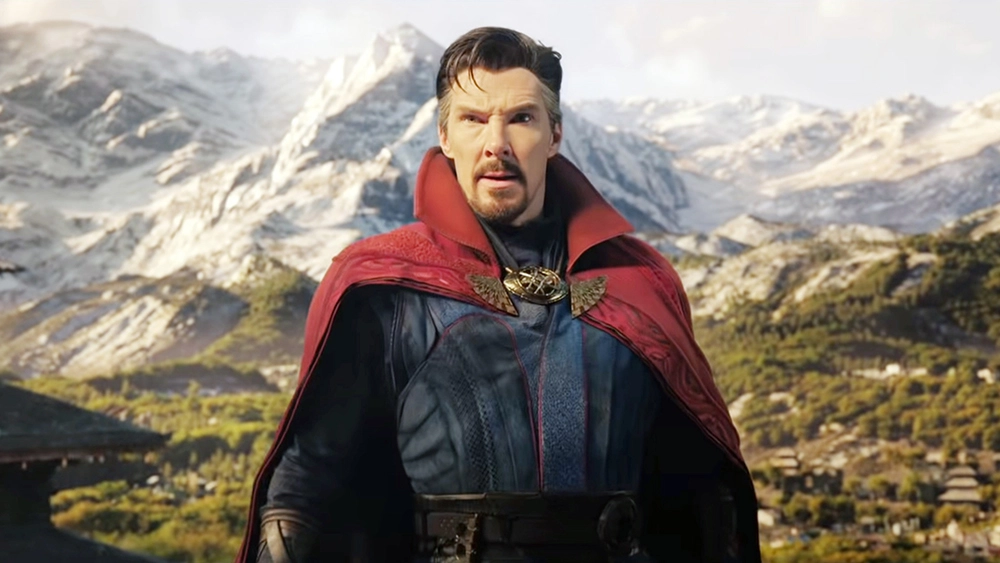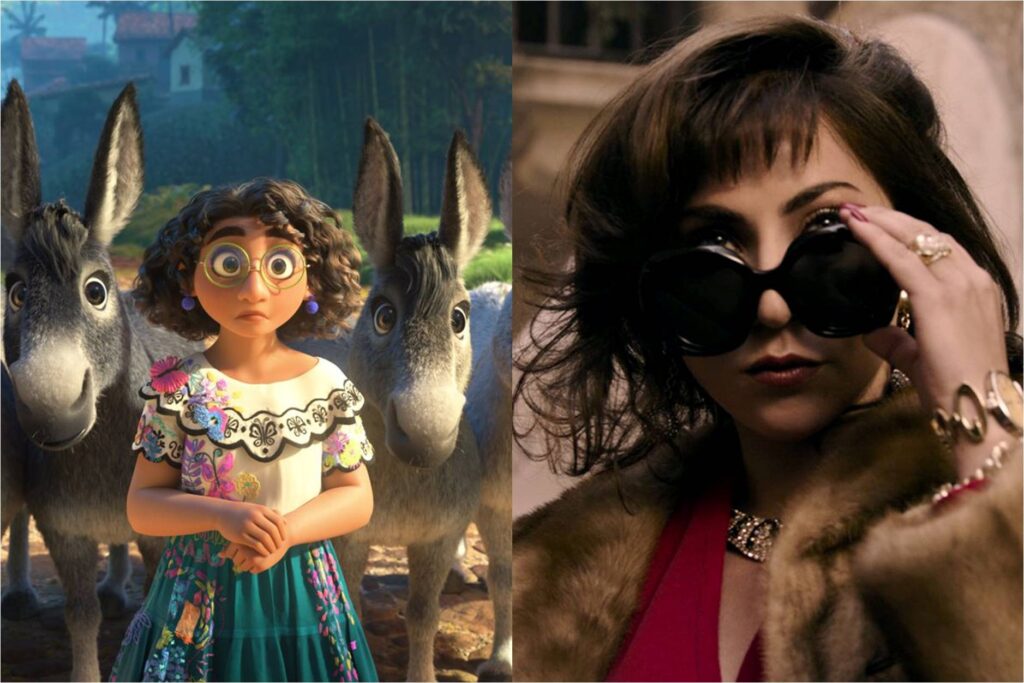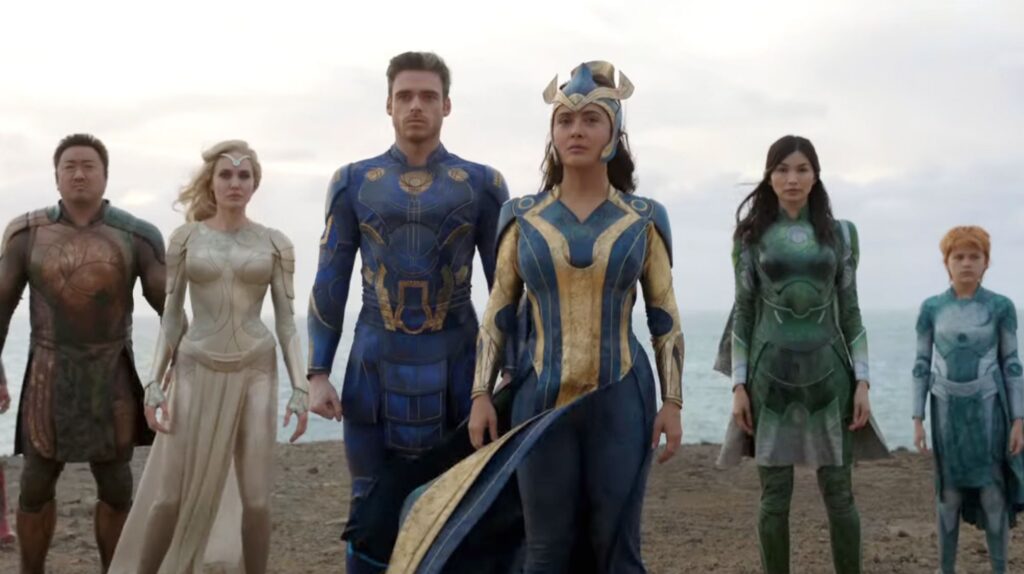Moana 2: Consider the Coconut, Consider It’s Twee
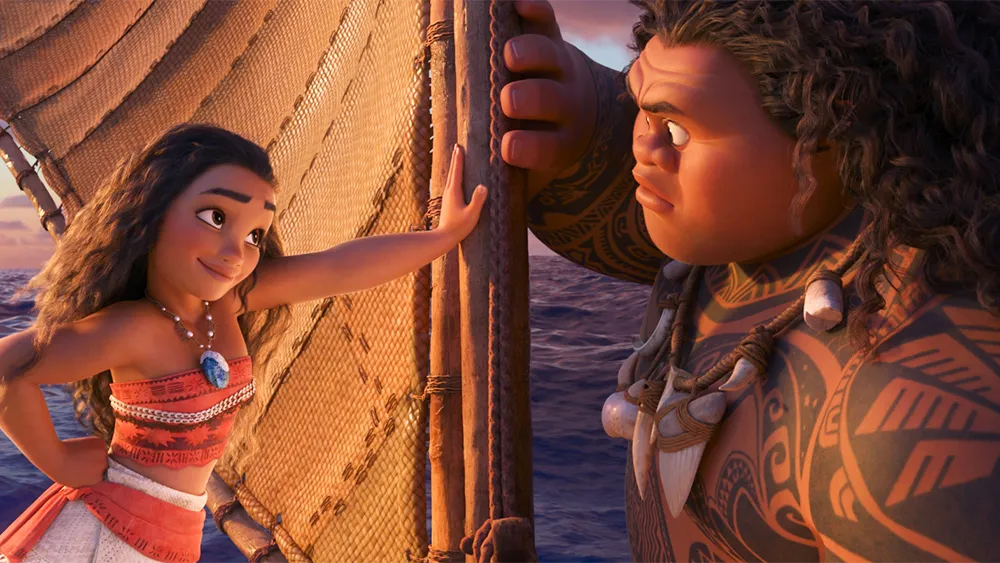
Bracing herself for yet another hazardous journey, Moana insists to a village elder that “It’s not like last time.” Isn’t it, though? In Moana 2, a princess abandons the security of her homeland and embarks on a high-seas escapade, where she teams up with a vainglorious demigod and battles an existential threat. If that sounds familiar, it’s because it’s basically the logline for Moana, Disney’s heartfelt and winning 2016 animated feature. Rather than messing with success, Moana 2 strives to recapture its predecessor’s magic by faithfully adhering to its venerable blueprint.
That it fails is no great shame or surprise; any topographic survey of the modern cinematic landscape will uncover countless inferior sequels. What’s strange about Moana 2 isn’t that it’s a lesser movie but that it’s a work of lesser ambition. Most sequels are doomed by the obligation to provide more, invariably diluting their ancestor’s charms in a frenzy of self-defeating one-upmanship. Moana 2, by contrast, doesn’t try to do much of anything bigger or different or even interesting. It just sets sail and allows itself to be borne on the waves of its forerunner. Read More

